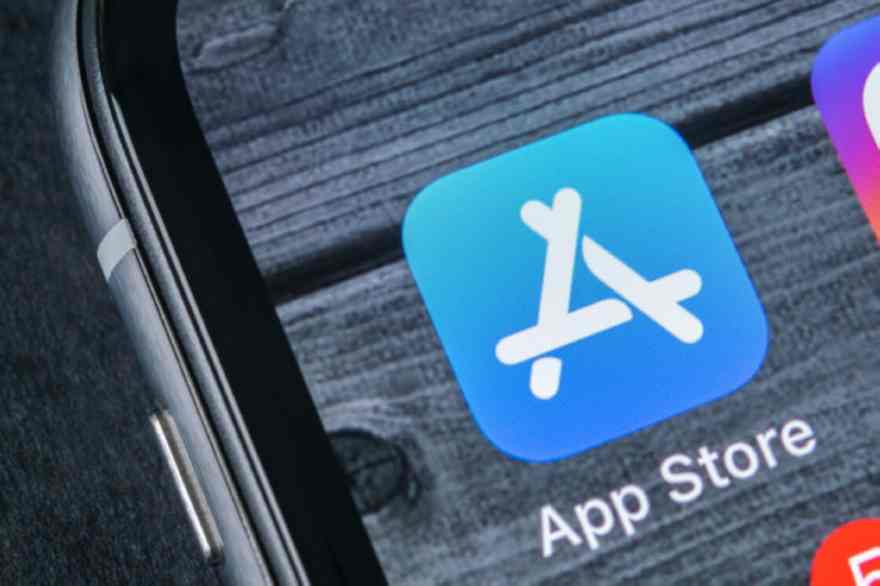(Bloomberg)—Apple Inc. and Alphabet Inc.’s Google are two of the world’s most worthwhile corporations, and their app marketplaces are amongst their most worthwhile endeavors: in line with analysts, Apple’s App Retailer takes in additional than $20 billion a 12 months with a revenue margin above 75%.
Now such practices are coming underneath rising scrutiny. U.S. senators and European regulators have griped in regards to the “gatekeeper management” that Apple and Google have with their cellular working methods. South Korea has moved to turn out to be the primary nation to impose curbs on the businesses’ app marketplaces. And a U.S. decide has ordered Apple to make sweeping adjustments on account of a problem from one of many world’s greatest gamemakers.
1. What gamemaker has sued Apple?
Epic Video games Inc., the maker of Fortnite, sued Apple over the lower it takes from App Retailer transactions and what Epic claims are antitrust violations. Epic believes it shouldn’t be compelled to make use of Apple’s cost system. The iPhone and iPad solely include one digital market for downloading apps and the App Retailer’s cost system fees builders fee of as a lot as 30%. Epic needs to make use of its personal cost system for its hit online game Fortnite or for Apple to permit different App Shops. In August 2020, Epic circumvented Apple’s guidelines and added its personal cost system to Fortnite. Apple rapidly eliminated the sport from the App Retailer and Epic filed its lawsuit hours later. Apple countersued for breach of contract.
2. What’s Epic sad about?
Apple gadget customers spent $72 billion on the App Retailer in 2020, with nearly $22 billion of that going to the iPhone maker, in line with SensorTower estimates. Some builders deride Apple’s charges as an unfair and unwarranted tax, particularly because it applies not simply to the acquisition of an app, however to something purchased inside one, similar to digital weapons, costumes and different add-ons widespread in Fortnite.
3. Why does Apple cost App Retailer commissions?
Apple takes as a lot as 30% of the income builders get from paid apps, in-app-purchases and subscriptions. The corporate argues the App Retailer’s success is expounded to its evaluate course of, tight integration with its {hardware}, and privateness and security guidelines. The corporate’s cost system ensures shoppers have a seamless expertise and are shielded from fraud. And for builders, there’s entry to about 1 billion Apple gadget homeowners who usually spend extra on apps than Android customers.
4. Is Apple backing down?
Exemptions have been added lately, however up to now none apply to Epic’s case. In 2016, Apple lowered to fifteen% the lower it takes from subscriptions past the primary 12 months. In 2020, it additionally agreed to decrease its share to fifteen% if a developer earns lower than $1 million in any 12 months. In August 2021, it settled a class-action lawsuit by paying $100 million to a variety of app makers. It additionally agreed to permit builders the usage of communications outdoors the iOS app similar to electronic mail to advertise different cost strategies that exclude Apple. In September, there was an extra concession for so-called reader apps spanning content material like magazines, newspapers, books, audio, music and video. Beginning in 2022, they are going to be allowed so as to add a hyperlink of their app to direct customers to different cost methods.
5. What did the decide do within the Epic case?
U.S. District Choose Yvonne Gonzalez Rogers, who had overseen a three-week trial in Could, ordered Apple to permit builders to steer shoppers to outdoors cost strategies for cellular apps. The decide concluded that Apple has engaged in anticompetitive conduct that harms shoppers by stopping them from getting cheaper costs, however she didn’t go so far as Epic sought. She stated she couldn’t conclude that Apple is a monopolist, and stopped in need of ordering Apple to chop its 30% payment, although she stated it isn’t justified. She additionally ordered Epic to pay $4 million in damages to Apple for breach of contract. The ruling was seen as a blow to Apple’s App Retailer enterprise mannequin. Apple, nevertheless, known as the ruling a justification, saying that “the courtroom has affirmed what we’ve recognized all alongside: the App Retailer is just not in violation of antitrust regulation.” Epic has introduced its intent to attraction.
6. The place does Google come into this?
Google, by way of its Android Play Retailer, can also be underneath scrutiny from regulators and builders. However a there’s key distinction. Google lets Android gadgets run different app shops that may provide completely different cost strategies. Nonetheless, Epic Video games additionally sued Google when the web big eliminated Fortnite from the Play Retailer final 12 months for a similar cause as Apple.
7. What’s occurring in South Korea?
In late August, President Moon Jae-in’s Democratic Celebration used its parliamentary supermajority to move a invoice that may ban corporations from forcing builders to make use of their on-line cost methods. The invoice was submitted in 2020 after Google stated it will require all apps to make use of its cost system, charging as much as a 30% fee on in-app purchases. That’s a mannequin frequent in different components of the world and in addition employed by Apple. Earlier this 12 months, the search big lowered commissions to fifteen% for the primary $1 million of income earned by builders, partly because of a worldwide backlash. Beneath the newest model, corporations that function app shops should enable their customers to pay via a wide range of cost methods. It stipulates that tech giants should not “abuse their standing to power their customers to solely use particular cost strategies.”
Apple is No. 3 within the 2021 Digital Commerce 360 Prime 1000.
Favourite





